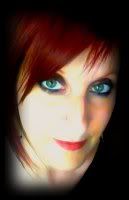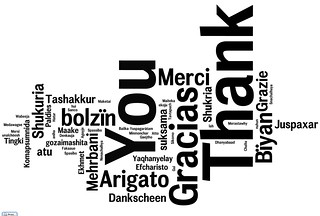When I tell people I wrote the first draft of my upcoming
novel, When Shadows Fall (The First Book of the Small Gods) in fourteen
days, they either stare at me with a blank expression, make me repeat it to
ensure they didn't mishear me and I actually said forty, or they ask me how I
managed to churn out an entire novel in such a short time. Since you are not
looking at me, and it clearly says “fourteen” days in the last sentence, I'm
going to assume you fall into the third group...so here's how it happened.
First, it's important to realize I am a full-time
writer—making stuff up is what I do. This output didn't happen in half-hour
snatches here and there, but in 5-7 hour chunks of tapping on my laptop's keys.
Before you stop reading because you don't have that much time to write, realize
that what's most important about this output is how much I produced in the time
I had—consistently about 1,300 words/hour. This number—your productivity—is how
all authors should evaluate the effectiveness of their writing time, with a
goal of maximizing the number of words written in the time available. It can be
difficult to work around a day job, family, and other commitments—and none of
us can jam more hours into the day—but you can control what you do with the
time you have and get the most out of the minutes you put in at the keyboard.
Here are the steps I took to keep my word count high.
1.
Pre-planning. More effort went into
the planning of this book than any I've ever written. For a month, as I was
writing and editing another project, I spent my evenings world-building for the
Small Gods series. It was really during this phase that the seeds of the story
grew and blossomed. The more I learned about the background and history of this
world, the more the story I was planning kept taking twists and turns I wasn't
expecting.
2.
Outlining. There's always a debate
among writers about outlining versus writing by the seat of your pants. Simply
put: I find I'm more productive when I have a pretty good idea where I want to
go. It means I don't lose writing time by stopping to think about what to do
next. This dovetails perfectly into the next point.
3.
Daily planning. This is a tip I
picked up from Rachel Aaron's great little writing book 2,000
to 10,000: Writing Faster, Writing Better, and Writing More of What You Love.
It's a simple concept...take the first five minutes of your writing session,
grab a pen and paper (that's right—the old-fashioned way) and jot down what you
will be writing about. Include actions, bits of dialogue, descriptions; all the
points you want to hit, plus some of the detail. This is your road map for what
you will write today—not tomorrow, not yesterday, but today.
4.
No editing. Sounds funny, doesn't it?
Of course I edit, just not while I'm writing the first draft. I know too many
writers who never get to the end of their manuscript because they spend too
much time polishing the first half of the book to perfection. Not only are
first drafts supposed to suck, I know the way I write; chances are good that,
if I did a bunch of editing before I finished the rough draft, something else
would change and I'd end up going back to rewrite all that careful editing,
anyway. Time well wasted.
5.
Unplug. The Internet is not your
friend. If you are writing and you can't find the word you're after, can't come
up with a great name for a new character, or need to do a bit of research,
bookmark it and save it for non-writing time. Seriously, it will still be there
at 10 o'clock on Thursday night when there's a commercial during The Amazing
Race...do it then. Don't even get me started on Facebook and email.
6.
Make writing a priority. We all hear many
writers lamenting that they can't find time to write. I never have that problem
because I plan my writing time, then make everything else work with it. I did
the same thing when I was working sixty-hour weeks...the job schedule was the
only thing that was inflexible; everything else had to realize I had a book to
write.
With planning and forethought, it's more than possible to
write quickly without sacrificing quality. Be ready, be focused, be
dedicated...now go write.


















